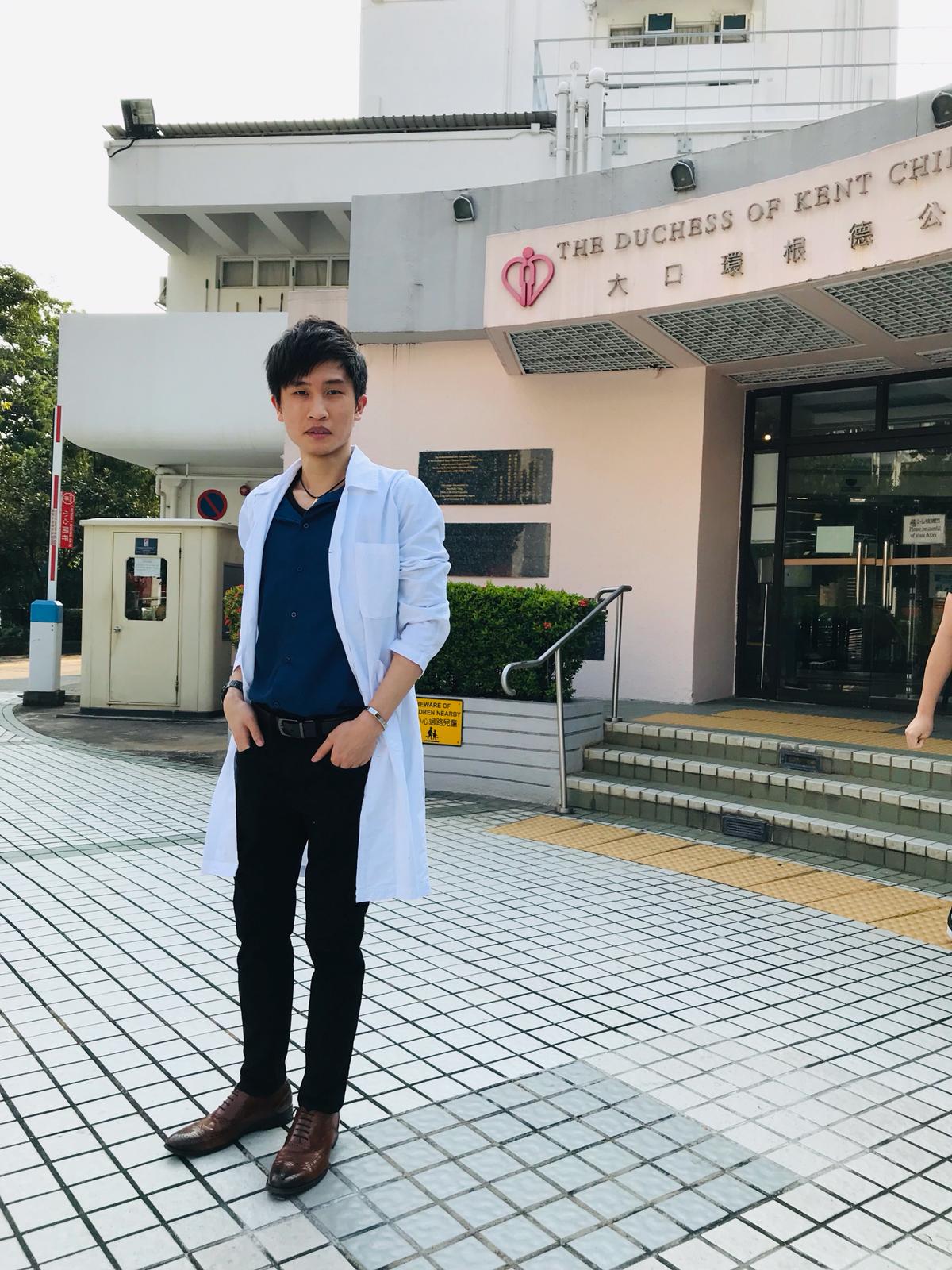I developed a machine-learning-based knee osteoarthritis progression prediction model with clinical data. The reason driving me to do this project is because knee osteoarthritis (KOA) is a prevalent musculoskeletal disease in Hong Kong with no cure, affecting nearly 10% of the population and therefore leading to the long waiting line in public hospitals. I hope that my AI predictor could become a “Preventive Medicine” in the healthcare industry.

Mr. LI Ho Hin Toby
BSc (Hons) Biomedical Engineering with Prosthetics & Orthotics
Faculty of Engineering
Entrepreneurship
" As a CEO of a company, I am the most senior officer in charge of managing the organisation, and my responsibility includes being a strategic decision-maker, driving the changes in the company, and motivating my colleagues."
Professional Competence
"The first thing that comes to my mind is definitely learning to construct an AI to solve the problem by myself, which is not taught during my undergraduate study. Therefore, I have to surf the Internet to look from the websites or online videos which could teach me how to compile the programme."
Lifelong Learner
"So my first advice would be to stay hungry and foolish. University is a very welcoming haven to nurture every student. Try to be curious all the time, do not be afraid to ask and do not be ashamed to make any mistakes."
The pursuit of knowledge is a lifelong journey! To further expand your knowledge and continue your personal and professional growth. Click and explore the following learning resources:
Biomedical Engineering with Prosthetics and Orthotics
Machine Learning and Artificial Intelligence
Interdisciplinary Research and Multidisciplinary Knowledge
Medical Databases and Clinical Data Analysis
Healthcare System Understanding and Public Health Impact
Critical Thinking and Problem-solving
Communication and Presentation Skills
Continuous Improvement and Learning from Mistakes